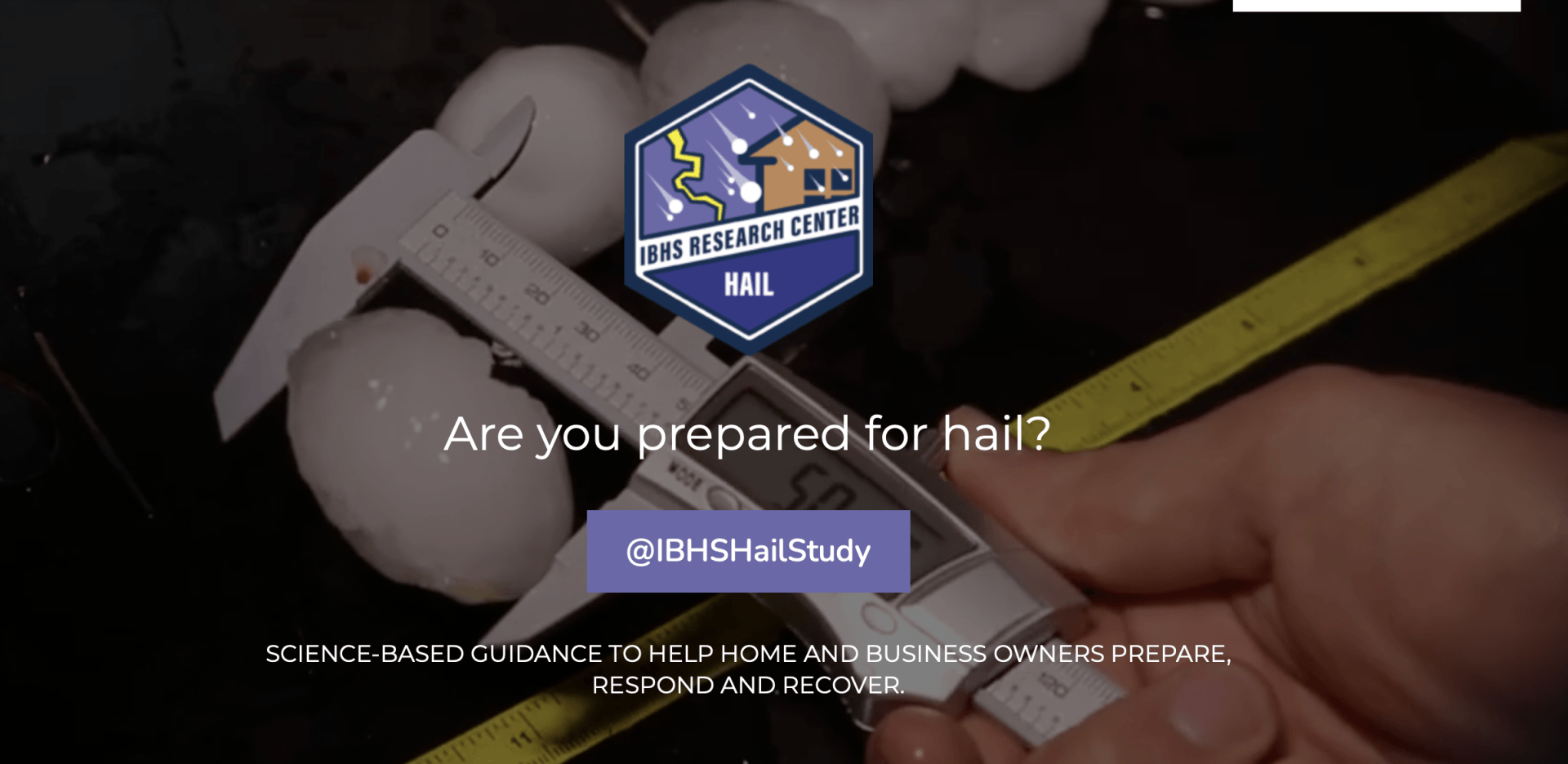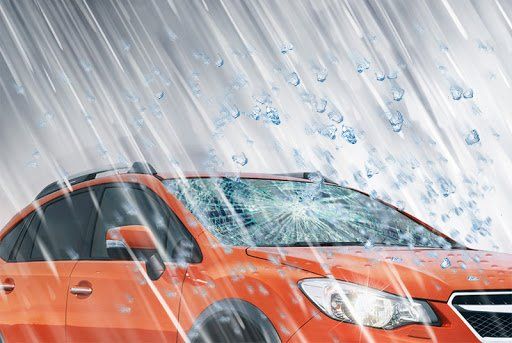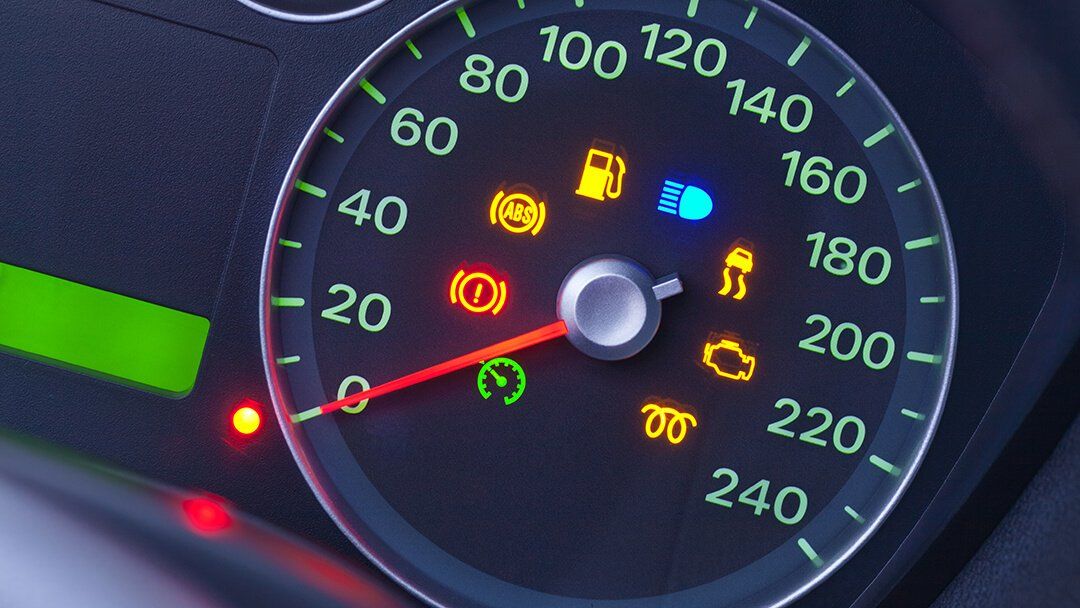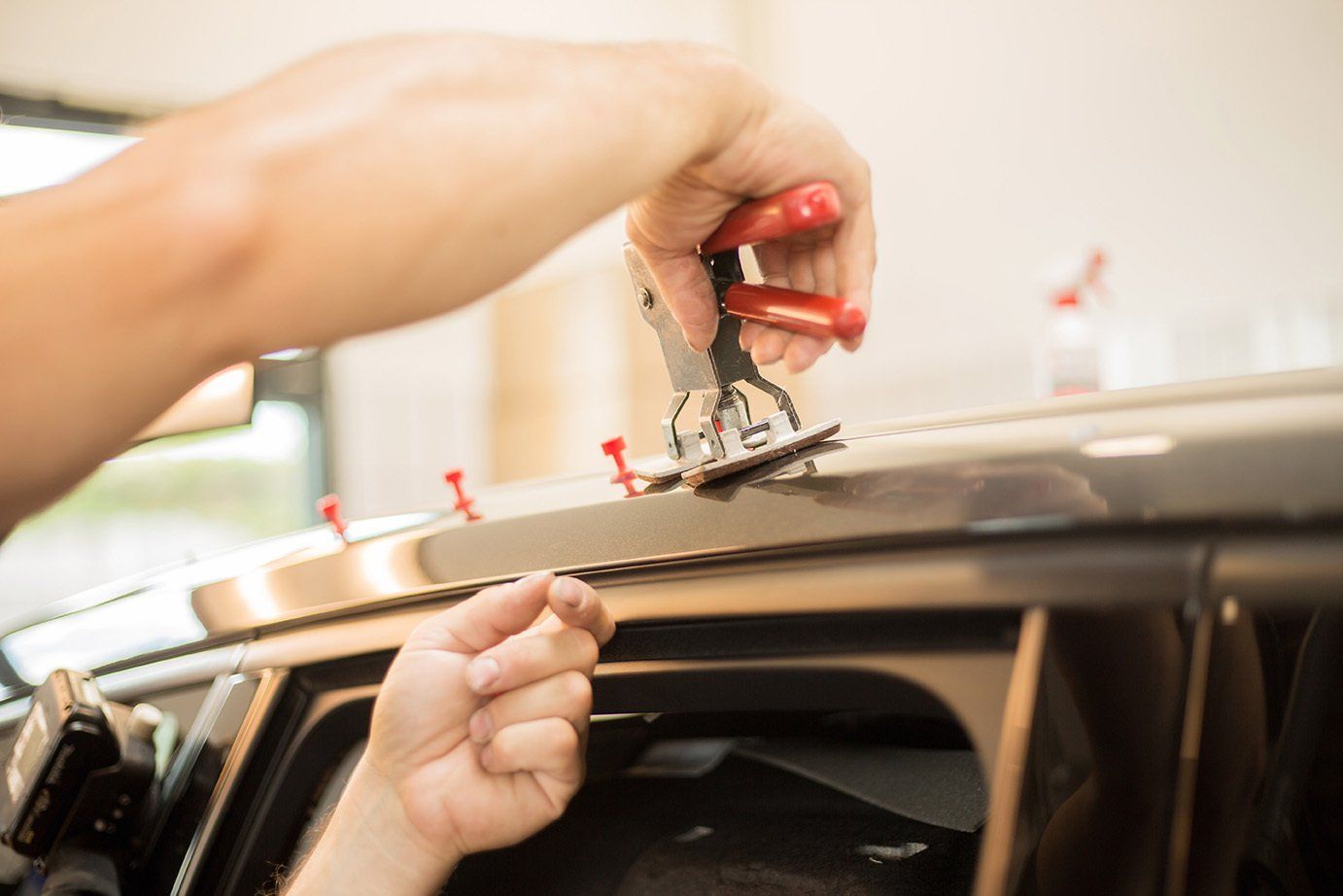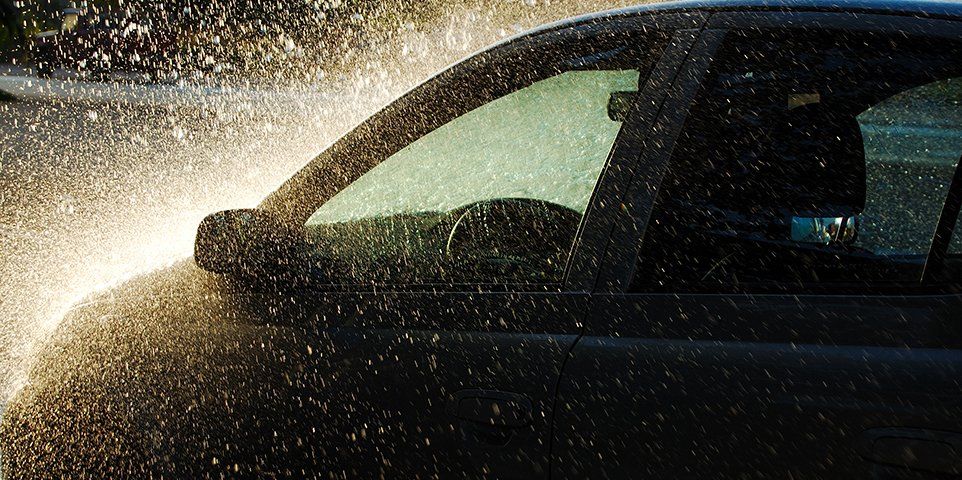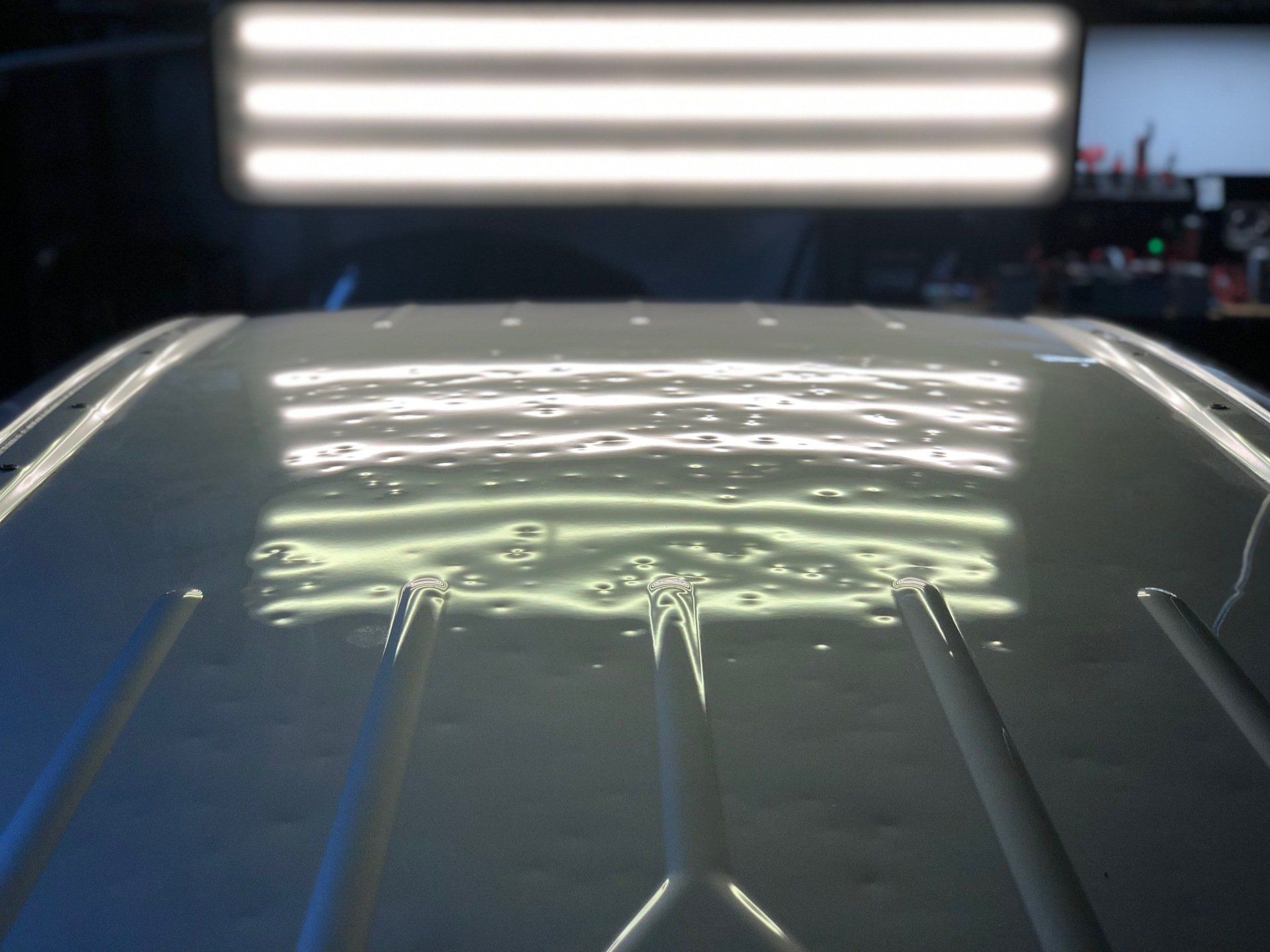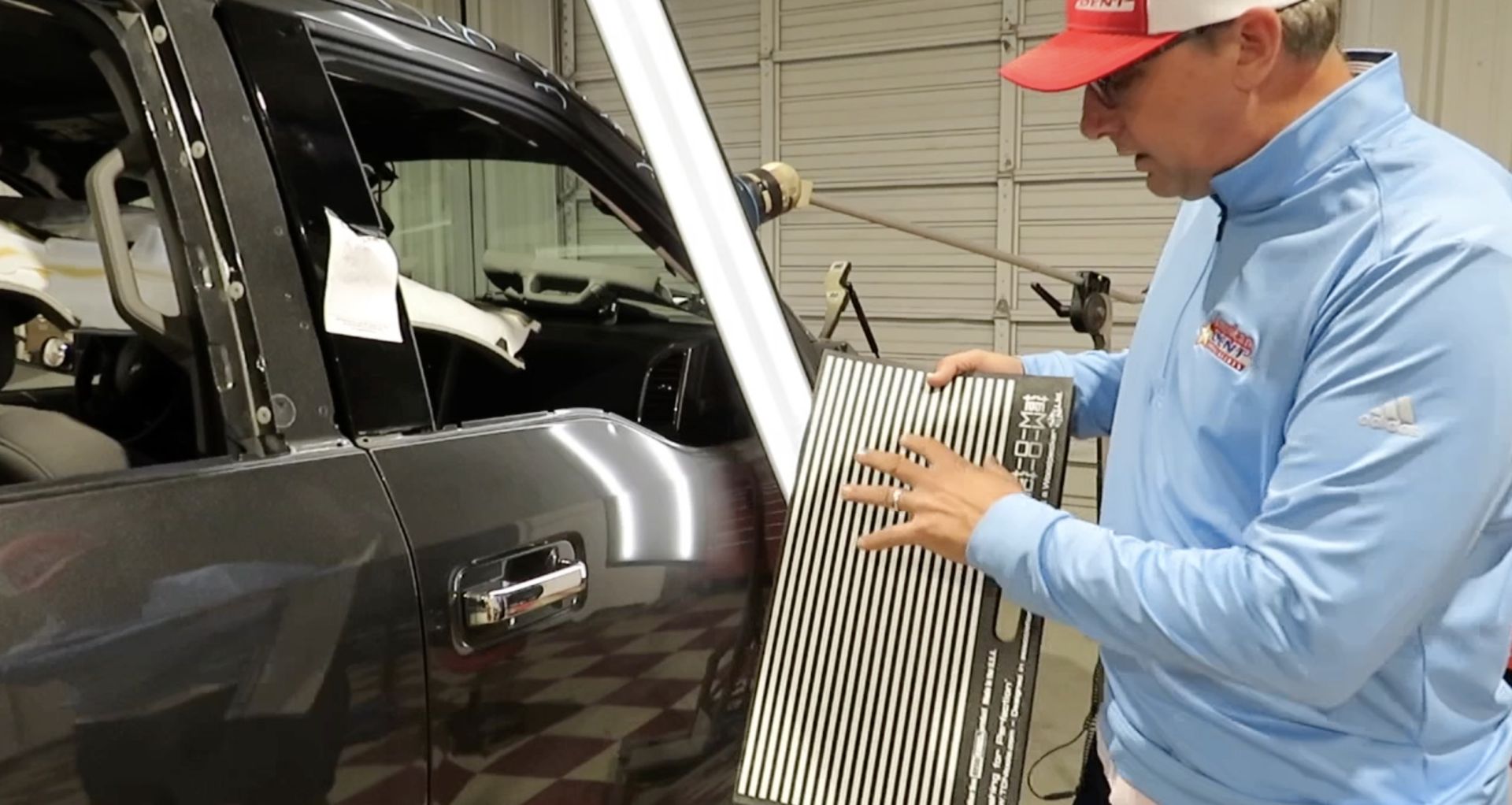Are DIY Ceramic Coatings Safe to Use?
Are DIY Ceramic Coatings Safe to Use?
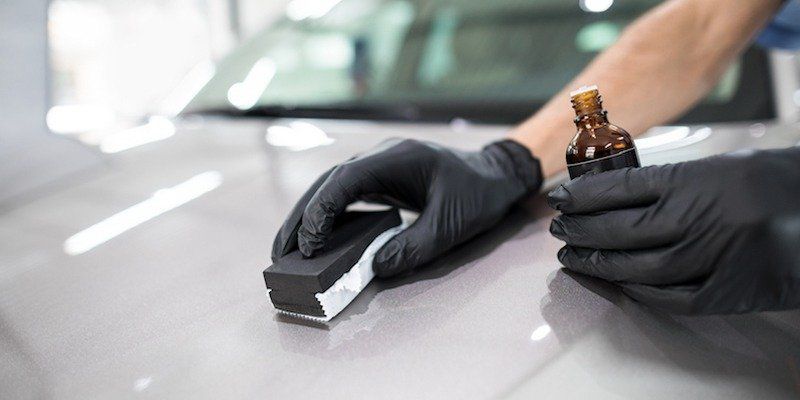
Let’s discuss the difference between DIY, do it yourself ceramic coatings, and professional grade coatings like Ceramic Pro. Let's tackle myth number one - all ceramic coatings are basically the same. You know what guys, we'll concede a little bit. There are some similarities, and the application process is kind of the same, but at the end of the day, you get what you pay for. If you're looking for a cheap experience, you'll probably have a less quality outcome.
Most ceramic coatings are made of silicon dioxide, titanium dioxide, and carrier solvents. Really what separates them is the quality of the ingredient and the quantity of the ingredient. Let's look at Ceramic Pro 9H for instance, which is the leading ceramic coating in the entire world. This is a 60% or more solid content product with the highest quality ingredient of silicon dioxide and titanium dioxide. When you choose Ceramic Pro 9H, you know exactly what's going to be in the bottle, there's no variation. When it comes to application process, while they are installed somewhat similarly, really there's so much that goes into that process between the prep work, the environment that you're in and so on.
Myth number two, the prep work. The reality is for a ceramic coating to perform its best and to look its best, there has to be great prep work. So even a new vehicle like this, we decontaminate the paint to remove iron deposits. We polish the paint to make it look perfect. Then we prime or polish it all before installing the ceramic coating. If you're installing a DIY coating at home, you may miss some of those steps or do them improperly, which will cause you to seal in imperfections, or worse, basically waste your money by having your coating fail prematurely because the surface isn't ready for it.
Myth number three is that a single bottle DIY ceramic coating can work on any surface of the vehicle. Let's just look at this car, which is pretty basic. We have paint, plastics, painted plastics, textured plastics, smooth plastics, and inside you have leather, plastic, vinyl, carbon fiber. How in the world could one product effectively protect all of those surfaces the same? The reality is they just can't. When you look at the Ceramic Pro lineup, we literally have a product designed specifically to bond to every substrate on your vehicle. You probably know about Ceramic Pro 9H, but you'll also see we have other products for paint, for wheels, for glass, etc.
We talked about how the products vary in ingredients between a DIY coating and a Ceramic Pro professional grade coating, but actually the ingredients in our own lineup vary. For instance, our wheel coating. This coating is our most robust, highest solid content product. You would never put this on paint because it's very likely that it will have a streaky application. Whereas you have Ceramic Pro 9H. The carrier solvents are different, specifically designed to bond and permeate into automotive paint. Similar to leather. You wouldn't want to apply leather to the paint, or worse our wheel and caliber to the paint. This is specifically designed to permeate, bond, and give the protection desired for this substrate. When looking at a ceramic coating, not only do you have to take into account the quality of the ingredient, but the variation within the lineup.
Myth number four, DIY ceramic coatings are easy to apply. The reality is, guys, this stuff is not easy. I can't even count how many times we've had customers come into our facility or reach out to us online for help with solving the damage that they've done to their vehicle by applying a do it yourself coating. So many factors go into properly applying a ceramic coating, such as environment, heat, altitude, humidity, you name it. Really, it's a buyer be warned situation out there, that if you're not properly trained how to prep and apply this stuff, you could actually end up costing yourself double the cost of just getting it done right the first time by a professional.
Share This Blog

